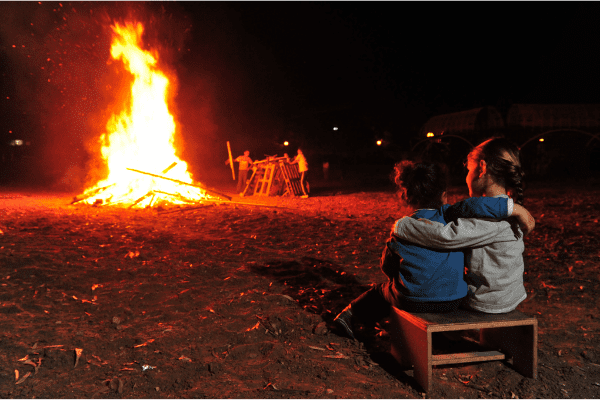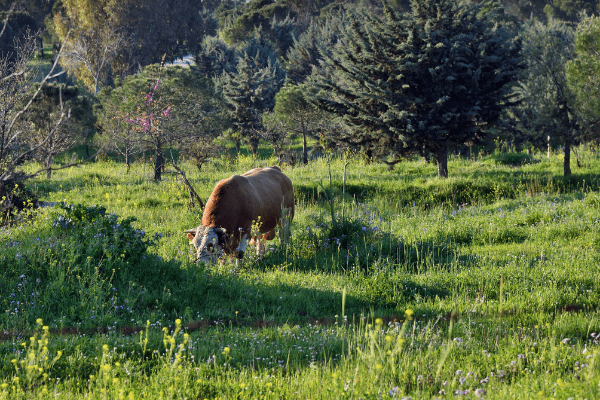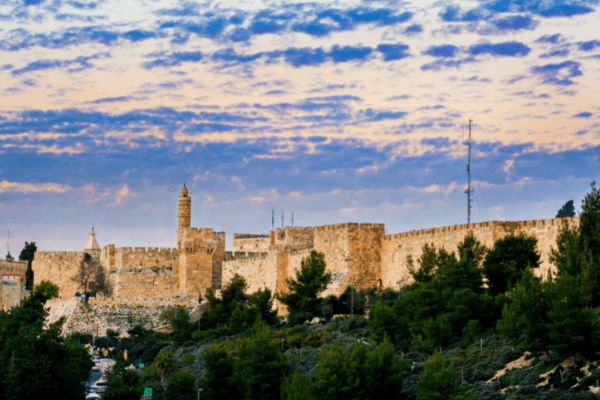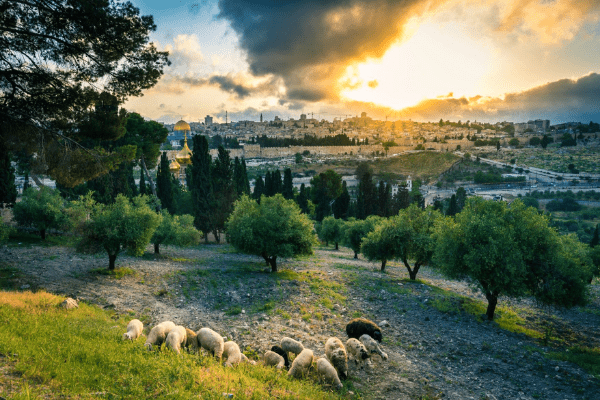
by Shira Schechter (Moderator) | f 14, 2022 | Miracles, Temple, Tzav
The altar in the Tabernacle was, of course, for burning the sacrifices, but the Torah commanded that the fire be kept burning constantly, night and day, regardless of whether or not there was a sacrifice to burn. The Jerusalem Talmud (Yoma 4:6) explains that special...

by Shira Schechter (Moderator) | f 13, 2022 | Messiah, Temple
The Torah states explicitly that the mitzvoth (commandments) are eternal, to be performed by all generations of Jews after the revelation at Mount Sinai. This was clearly stated in several places: Concealed acts concern Hashem our God; but with overt acts, it is for...

by Shira Schechter (Moderator) | f 10, 2022 | Holiness, Kindness and Compassion, Passover, Temple, Vayikra
People who are unfamiliar with the Bible think that a sacrifice is an unspecified animal that is slaughtered haphazardly and thrown into a blazing fire to be burnt entirely. But the book of Vayikra (Leviticus) is incredibly specific, describing a variety of sacrifices...

by Shira Schechter (Moderator) | f 8, 2022 | God, Temple, Vayikra
The meal offering was characteristically brought by the poor as it was less expensive than a meat offering. The offering consisted chiefly of fine flour, olive oil and frankincense. The grain could either be raw and mixed with oil, or mixed with oil and cooked into...

by Shira Schechter (Moderator) | f 7, 2022 | Repentance, Vayikra
The book of Leviticus begins with a discussion of the korbanot, or sacrifices, that were brought in the Tabernacle and Temple. One of these sacrifices was called the korban chatat, or sin offering. The word chatat (sin) is derived from the word chayt, meaning...












![The Tabernacle [Image: Wiki Commons]](https://tibretired.kinsta.cloud/wp-content/uploads/2023/05/Tabernacle-e1454920391720.jpg)
![The Tabernacle [Image: Wiki Commons]](https://tibretired.kinsta.cloud/wp-content/uploads/2016/03/Tabernacle.jpg)